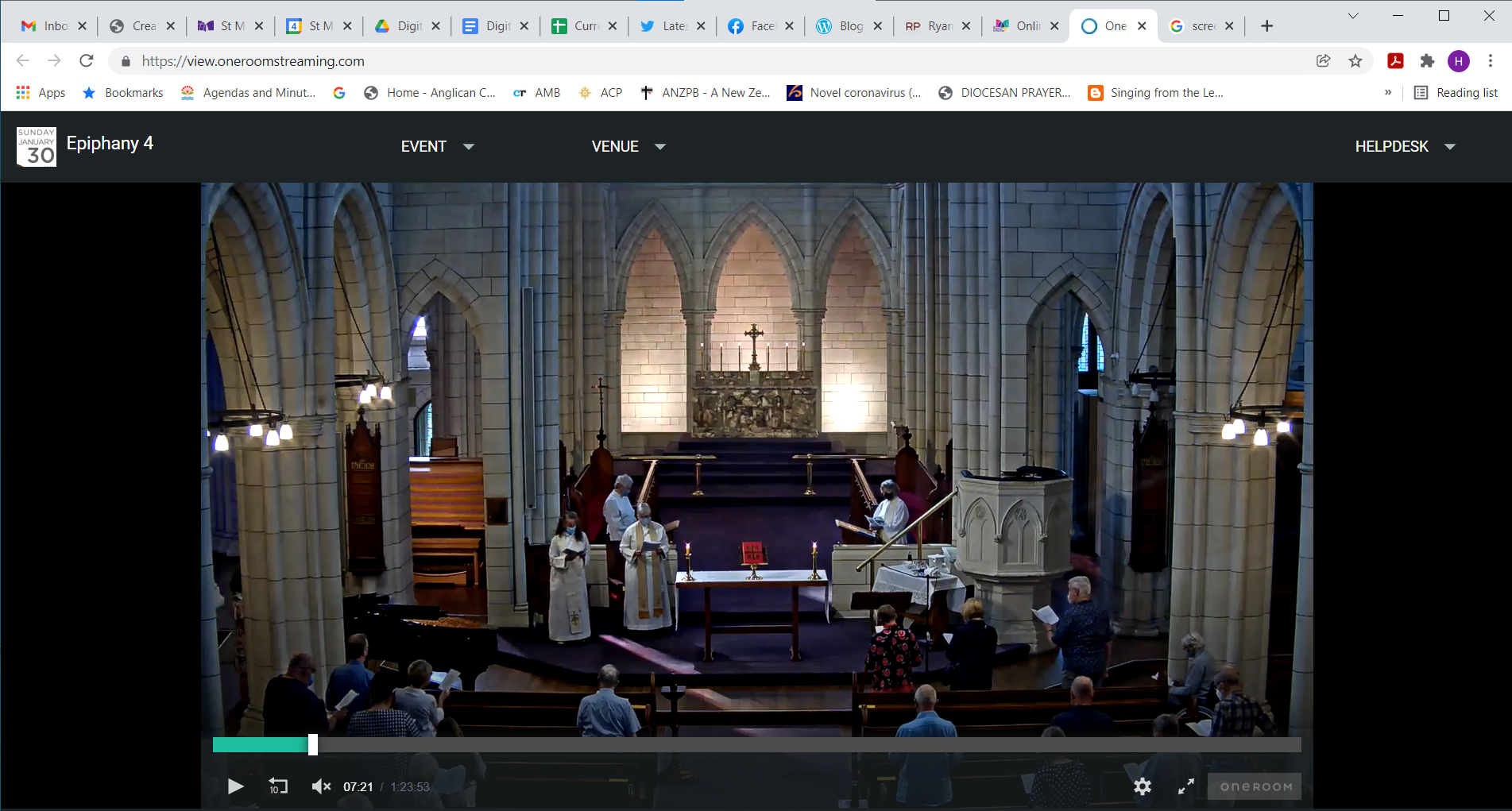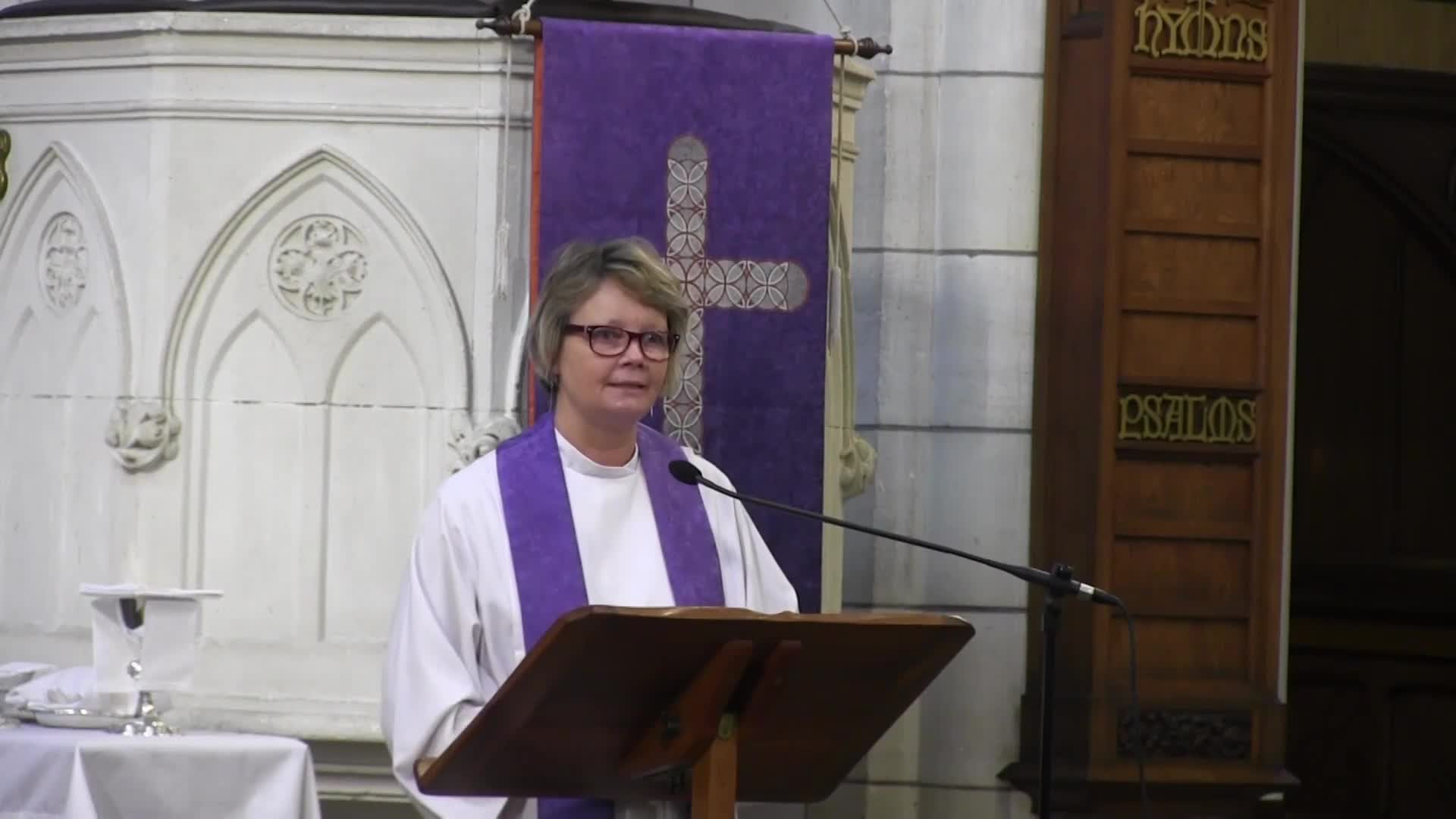
Home
Arts and Music
Reflecting on the music written for Lent
Michael Bell reflects on the music written for Lent.


Hybrid worship

Media interviews

Separately together in these times

Prodigal Grace

What is religious freedom

Wilderness

Social Services Sunday

Climate Crisis Statement
